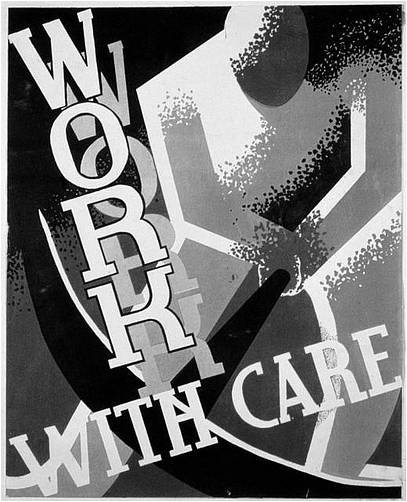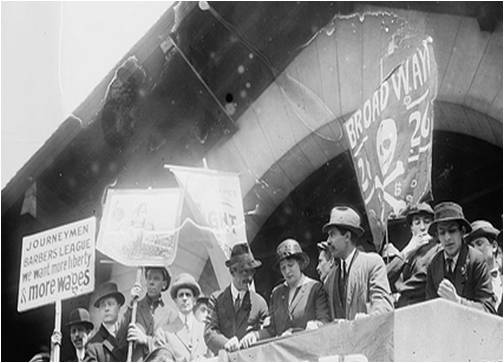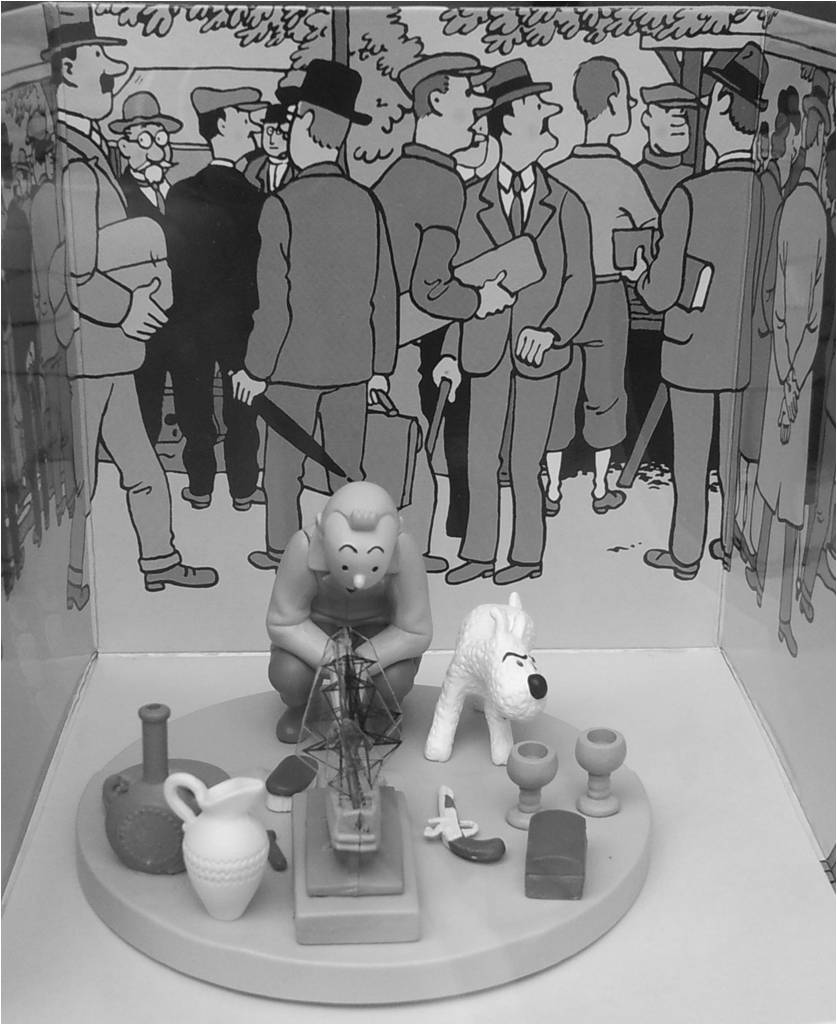 Tuesday, November 6, 2012
Tuesday, November 6, 2012 why ‘The West Wing’ is the perfect antidote to the ‘The Thick of it’
 When it comes to great TV shows The West Wing takes some beating. And whilst it is of course fictional, it is littered with comms and PR case studies.
When it comes to great TV shows The West Wing takes some beating. And whilst it is of course fictional, it is littered with comms and PR case studies.
By Alex Ross
The polls are still open in the US Presidential Election as I write this, but it should be all over by the time you read it.
Before the results come in and to recreate the tension and behind-the-scenes excitement, my wife and I did what we usually do…flicked between the finale of The West Wing and live election night coverage.
And do you know what? It’s pretty hard to separate fiction from reality.
But unlike the depressingly accurate depiction of ‘how it is’ in The Thick of It, The West Wing still shows us ‘how it should be’ in government communications – driven by ambition, innovation, a desire to change the world for the better.
Okay, so it was made before social media and smartphones, but focusing on channels misses the point.
The West Wing depicts a world where great communications make a difference and where great communicators are trusted, influential advisers to the most powerful person in the world.





























